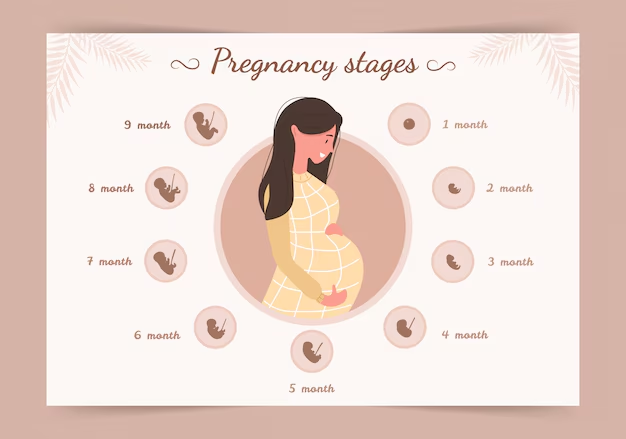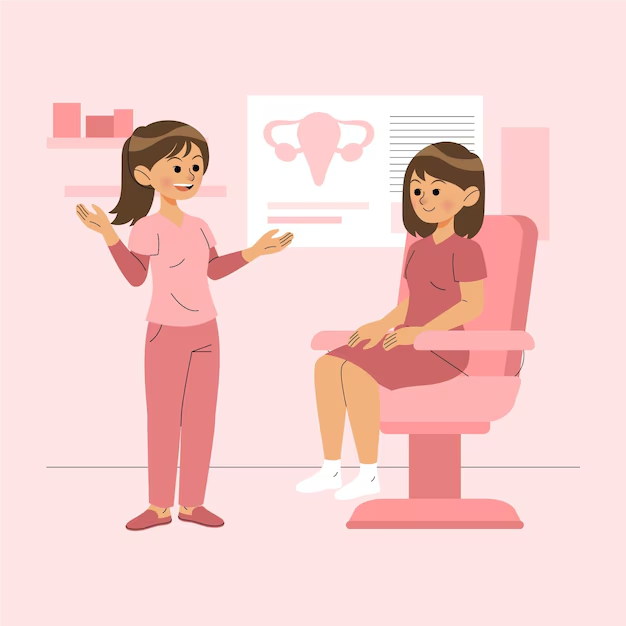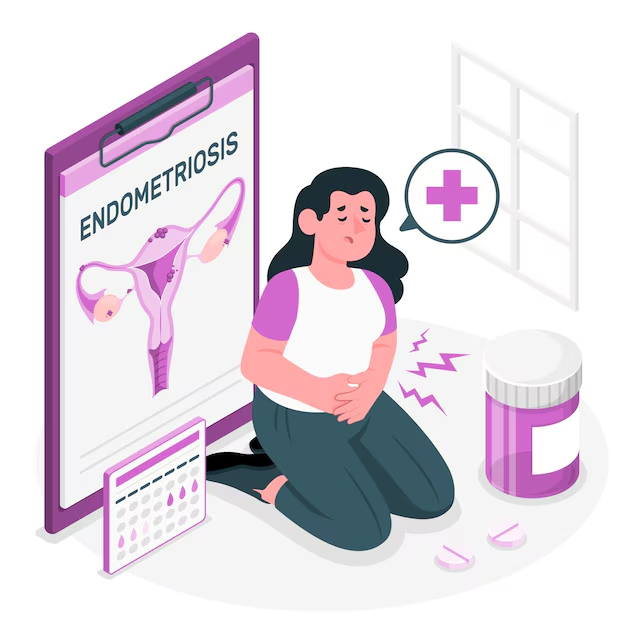Baby development at 6 weeks

Baby development at 6 weeks
Heartbeat
There's cardiac activity in your baby's developing heart. You'll see the cells flickering if you have a vaginal ultrasound in the next few weeks. Starting at 10 to 12 weeks, your provider will listen to your baby's heartbeat at every prenatal appointment using a handheld Doppler.
Eyes, nose, mouth, and ears
There are dark spots where your baby's eyes and nostrils are starting to form. Emerging ears are marked by small depressions on the sides of the head. Inside their tiny mouth, the tongue and vocal cords are beginning to develop.
Arms and legs
Your baby's arms and legs begin as tiny paddles that will lengthen and grow into limbs. The backbone extends into a small tail that will disappear within a few weeks.
You can track these developments and your baby's growth during pregnancy with the free BabyCenter app.
Pregnancy checklist at 6 weeks pregnant
Prepare for your first prenatal visit
Is your first prenatal visit coming up soon? It can be a momentous occasion: You'll talk to your doctor or midwife about your pregnancy, and you may have an ultrasound and see your baby's tiny heart beating! Be prepared to discuss your health history, your family's medical history, and your habits. If you haven't yet chosen a doctor or midwife to care for you during your pregnancy, go ahead and find someone so you can get started on your prenatal care. You can always switch to another caregiver later if you want.
Research foods to avoid during pregnancy
During pregnancy, it's wise to skip some foods completely (we're looking at you, deli egg salad). But many other foods that are otherwise unsafe for pregnancy are actually fine if you take a few precautions, like cooking them thoroughly. Find out what's safe to eat and drink during pregnancy and what to avoid.
Learn about prenatal testing options
Screening tests use blood samples and ultrasound to help assess your baby's chances of having Down syndrome or other chromosomal differences. The screenings are non-invasive and don't pose any risk to you or your baby. The results can help you decide whether to have chorionic villus sampling (CVS) or amniocentesis to find out for sure about a potential condition.
Make sure your workplace is safe
Some jobs or hobbies can be hazardous to you and your developing baby. If you're routinely exposed to chemicals, heavy metals (like lead or mercury), certain biological agents, or radiation, you'll need to tell your boss you're pregnant and make some changes as soon as possible.
Try to reduce stress
High levels of chronic stress aren't good for you or your baby. Try to stress less during pregnancy by surrounding yourself with positive people, taking breaks and deep breaths, and blowing off steam by exercising, listening to music, or journaling.
Start your pregnancy to-do list
If you're not sure where to start, check out our ultimate first-trimester pregnancy to-do list. It covers everything you may need or want to tackle now, from investigating health insurance to thinking about baby names.
Related Articles

Baby development at 29 weeks

Baby development at 13 weeks

First Trimester Screening Tests: What You Need to Know

Third Trimester (Weeks 27-40)

How to Talk to Your Doctor About Menstrual Issues

What Your Vaginal Discharge Can Tell You About Your Health

Tracking your energy across the cycle

What Is Considered a Normal Period Flow?